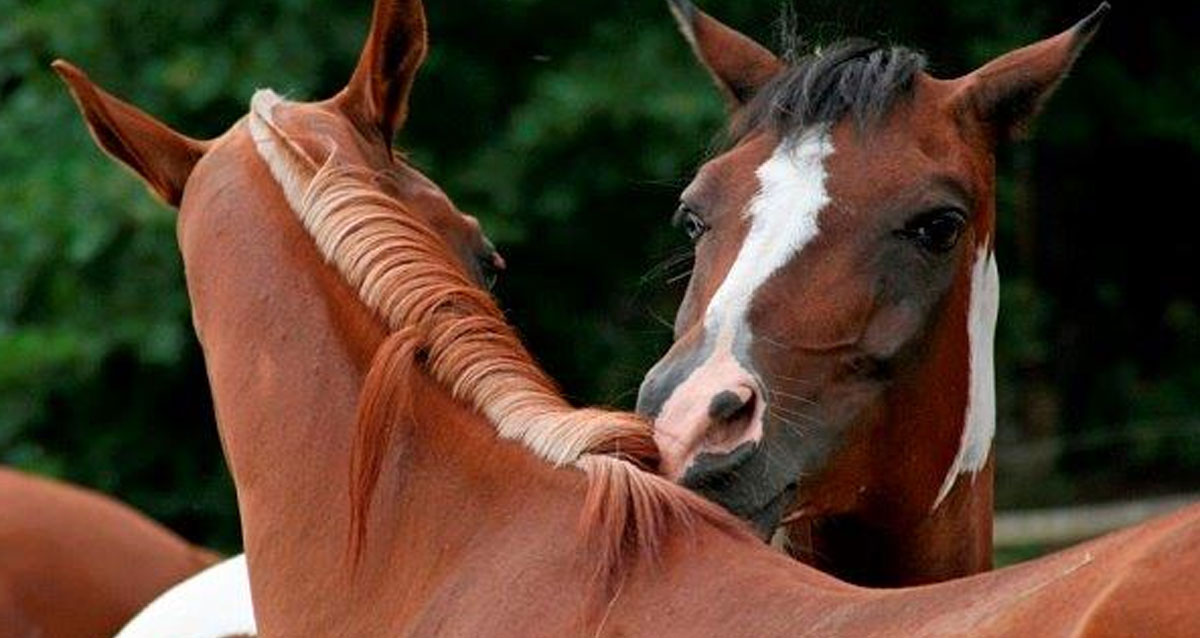Recent rain has lead to an increase in the number of horses we are examining for itching. There are many causes of itching in horses, however the most common reasons we identify are:
Seasonal insect bite hypersensitivity – ‘Queensland itch’
Many horses are allergic to midges that appear in humid warm weather. Bites from midges lead to intense pruritis (itching). These horses may only rub at certain areas, with the tail base neck and face most commonly affected or may appear itchy all over – to the extent some horse will lie on the ground and rub their bellies along the ground like a dog!
Management of this condition can be very frustrating, and owners of affected horses often look forward to the cooler winter months when the insect numbers decrease and the symptoms decrease. Management includes:
- Reducing possible insect contact through the use of insect repellents such Brute (r), Permoxin (r), Equifly (r)
- Use of rugs, flyveils and leg coverings
- Pasture management – keeping affected horses away from low lying areas with creeks or dams where higher numbers of midges are found, especially during times of increased insect activity such as dawn and dusk. Some horses can be kept in stables with flyscreens and fans used to decrease the access of insects to the stable (but refer to my last post on the development of stereotypies and ensure adequate turnout time, roughage and environmental enrichment when stabling your horse!).
- Regular washing in shampoos developed to decrease itching and maintain optimal oil balance in your horses coat.
- For recurrent or severe cases your vet may prescribe medications such as antihistamines or corticosteroids
Worms
Infection with pinworms (Oxyuris equi) can lead to tail rubbing when the adult worms lay their eggs onto the skin around the anus. If you are concerned your horse may be affected by worms including pinworms consult your vet. They should be able to examine your horses faeces under a microscope for worms eggs and may also collect samples from around your horses rectum using cellotape which they can examine for worm eggs.

